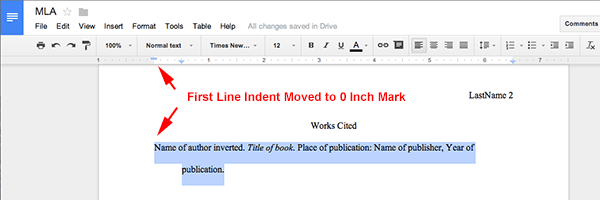
ELIFE ENDNOTE FORMAT SOFTWARE
Reuse (LICENSE, code repository, documentation)?ĮLife - Forking software used in eLife papers to GitHub What about README, LICENSE, AUTHORS, codemeta.json, CITATION, CITATION.cff? Link to other research artifacts? (data/articles/protocols, etc) Papers by authors with a history of multiple retractions should be considered with great care.Is the software reviewed or moderated? Or the metadata?Ĭredit? Recommendations about author roles Also, check to see if one or more of the authors have had other papers retracted. Check to make sure that papers you are using have not been retracted. Papers that have been retracted due to any form of misconduct are indexed by Retraction Watch. A good second line of defense is Retraction Watch. Even reputable journal sometimes publish fraudulent research. For more information on questionable publications, see here.To learn more about using library databases see our Going Beyond Google guide.Find recommended research databases by subject here.Using research databases recommended by Galvin Library is a good way to reduce your exposure to fraudulent research.

Because of their poor quality or complete lack of standards, these journals are usually not indexed by research databases or even by Google Scholar. There are even journals and publishers that prey on researchers eager to have the results of their research published by guaranteeing publication in exchange for payment-they do not provide any real peer review, editorial review, or any other type of quality control. The explosion in online publishing has led to the creation of many low-quality journals having poor or spotty quality control and peer review.

We all get copies of articles from our friends, colleagues, mentors, advisors, or PIs. If that article has been retracted, it will be clearly indicated.
ELIFE ENDNOTE FORMAT DOWNLOAD
This is the easiest way to verify an article! Just look up the article as if you intend to download a fresh copy.

Department of Health & Human Services defines research misconduct as "fabrication, falsification, or plagiarism in proposing, performing, or reviewing research, or in reporting research results." Various studies (1-3) have attempted to quantify the cost of research misconduct, but the original misconduct is only a part of the problem. The Office of Research Integrity of the U.S. Research misconduct is a serious problem that threatens the entire academic and research enterprise by undermining public trust, thereby jeopardizing public funding.


 0 kommentar(er)
0 kommentar(er)
